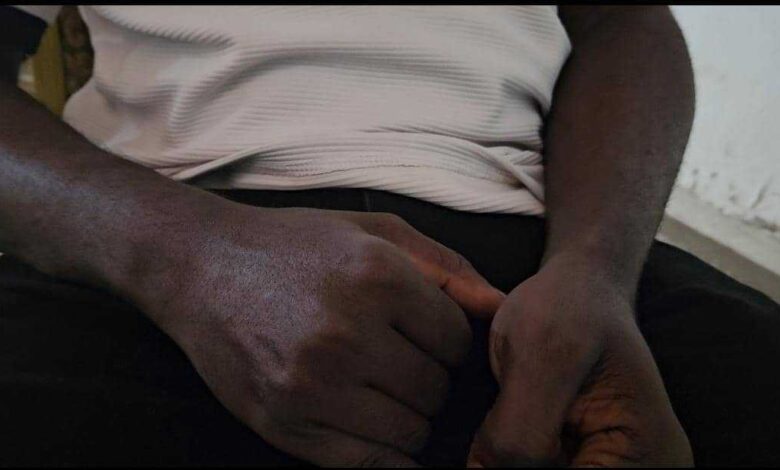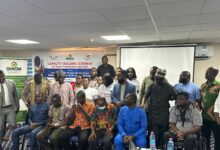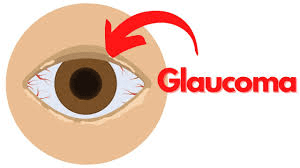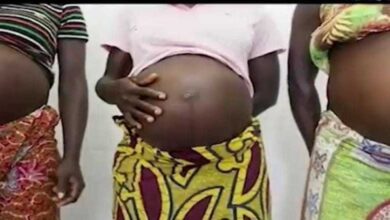Living with HIV/AIDS: Stigma, discrimination persists – Ghana AIDS Commission

He has battled internal stigma for the past eight years since his HIV diagnosis. David, not his real name, is one of the many people living with HIV who continuously faces stigma and discrimination from society despite years of advocacy, as far as the Ghana AIDS Commission is concerned.
The 2020 People Living with HIV Stigma Index report by the Ghana Network of Persons Living with HIV/AIDS (NAP+ Ghana) showed that persons infected with HIV continue to suffer various forms of HIV-related stigma and discrimination on a daily basis at homes, schools, churches, workplaces, and within communities.
These stigmas and discrimination include eviction from rented or family houses, denial of employment, education, police assistance, health services, violence, physical abuse, sexual harassment, or assault. The effects of stigma and discrimination serve as barriers to seeking health services in general and also prevent the uptake of HIV services.
31-year-old David, after eight years of being diagnosed with the virus, has learned to manage his internal stigma. He encourages other people living with the disease who are still struggling to deal with stigma and discrimination.
He said ‘‘it’s only my dad who knows about my status. Initially I wanted to commit suicide. It wasn’t easy but along the line you have hope that most definitely there is hope ahead and you can survive on ARVs. It’s about accepting that the virus will live with you for the rest of your life, so you become at peace with the virus. There are community peer-pal legal at the facilities. Speak to them and tell them how you are being affected by stigma and discrimination and they will help you seek redress.’’
According to the Ghana AIDS Commission, Ghanaians need to understand that ZERO DISCRIMINATION is acknowledging that HIV infection does not make a person less of a human being.
According to Director Technical at the Ghana AIDS Commission, Dr. Fred Nana-Poku, the issues of stigmatization and discrimination go a long way in affecting progress made in the country’s response.

‘‘If you don’t understand the dynamics of the virus that’s when you stigmatize, and when stigma is acted upon and discriminate and abuse the right of the person. Some children are even denied education because of HIV stigma. These are issues that we need to address’’.
Education and awareness creation about the need not to discriminate against HIV patients are critical to tackling the disease. The 2014 Demographic and Health Survey conducted by the Ghana Statistical Service states that 92% of women and 85% of men expressed unacceptable attitudes towards people living with HIV.
The Ghana AIDS Commission Act, Act 938, empowers persons infected, affected, and at higher risk of HIV to assert their constitutionally guaranteed rights to enjoy the fundamental human rights and freedoms enshrined in the constitution.
Any person who stigmatizes or discriminates against PLHIV or affected persons causes an offense punishable by law.
The Commission in collaboration with the GJA held a training session for reporters across the country on the topic.
By Sarah Apenkroh 3news.com
Source link






